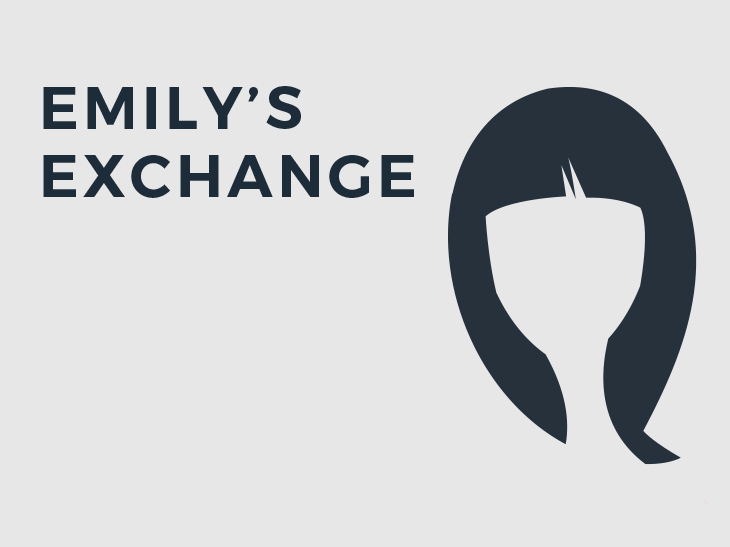Finally! The bank holiday weekend is here and I’m ready for four days away from my desk. On the unlikely occasion my children will let me have my feet up, I’ll spare a thought for those over the channel who are preparing for an election that has the potential to rock the Eurozone. The clock’s ticking.
For the first time in 60 years, a French president won’t be seeking a second term. Waving a white flag, socialist president Francois Hollande withdrew his name from the race after a challenging five years left his popularity shattered.
Candidates span the full political spectrum and include Benoît Hamon from the Socialist Party, Republican François Fillon, independent Emmanuel Macron, National Front leader Marine Le Pen and far-left Jean-Luc Mélenchon.
The latest Ifop-Fiducial polls show Le Pen in the lead with 24%, followed by Macron at 23%, Fillon at 19% and Mélenchon at 18.5%. We know polls can’t be trusted wholly, but they do reflect sentiment. The race to the Elysèe Palace is on.
As French elections always take place on a Sunday, the two big dates circled in my diary are 23 April and 7 May. The 11 approved candidates will first be pitted against each other later this month, and if no clear winner is decided the most popular two will go head-to-head in May.
Uncertain backdrop
French elections are usually a two-horse race between the right-wing conservatives and the left-wing socialist party. But the political landscape has shifted and the backdrop is now much more uncertain.
In a campaign saturated with anti-establishment tones, populist politics and one or two controversies, socialist Hamon’s ratings have slipped through his fingers and Fillon’s popularity has waned following claims he used public funds to pay his wife around $500,000 for work she didn’t do.
It looked like France was entering a three-way race in Le Pen, Macron and Fillon – but then anti-austerity candidate Mélenchon came alive in the second round of debates. The race is getting tighter.
Independent centrist Macron and far-right leader Le Pen are still on track to go head-to-head in May, but far-left Mélenchon certainly isn’t going to make it easy for them. Armed with a slick campaign, aggressive rhetoric and a gimmicky hologram, he wants to reduce the working week to 32 hours, increase the minimum wage, introduce a 100% top rate of income tax and lower the retirement age to 60.
If far-left Mélenchon and far-right Le Pen go on to clash in the second round, France will be giving the nod to a potentially seismic political disruption in France and Europe. Mélenchon might not share Le Pen’s view on immigration, but he’s a Euro sceptic and has threatened to pull France out of the EU if it doesn’t agree to far-reaching reforms.
Galvanised by the success of Donald Trump and Britain’s decision to leave the EU, Le Pen wants to curb migration, hold a referendum on France’s EU membership and leave the single currency.
With a chunk of voters undecided and polls singing from different Easter hymn sheets, it’s hard to predict which two candidates will go through to the final round with any certainty.
Diversification key
Nervous investors are wanting to get rid of their French debt in favour of German bonds, which are traditionally seen as safer. The gap between French and German 10-year yields rose close to a four-year peak this week.
With the French market jittery and those at home and across the pond working against an uncertain backdrop, the case for diversification is as strong as ever.
Knowing my portfolio has a layer of protection from any wide swings in one economy helps me sleep at night, especially as I’m investing for my family’s future. Asset allocation probably isn’t on the top of your desired chats for this Easter weekend, but ensuring your portfolio reflects your personal risk levels is important to allow you to meet your goals; whether it’s a holiday, wedding, university or retirement.





